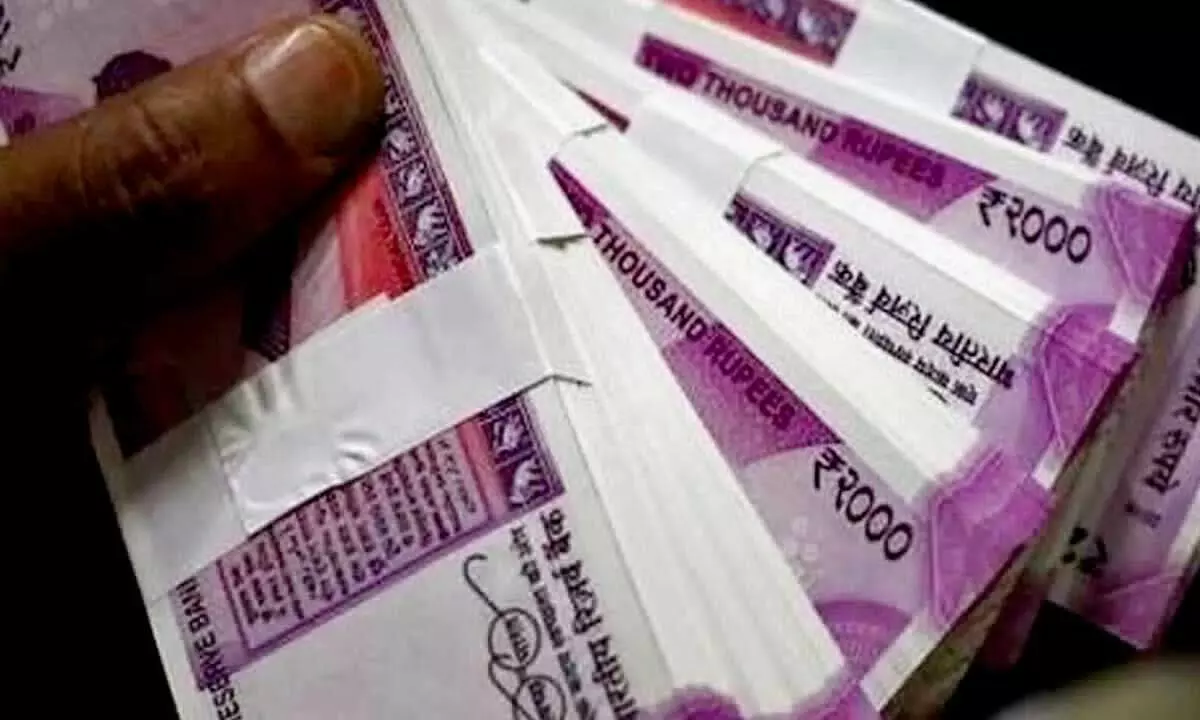Credit offtake sees 9-yr high growth in Sept
Further rate hikes due to elevated inflation and depreciating currency may adversely impact credit growth: CareEdge
image for illustrative purpose

Rising credit demand was due to the improvement in the economic activities, widening credit (16.2%), slower deposit growth (9.5%), the onset of the festival season, liquidity deficit, and elevated inflation is expected to drive deposit rates
Mumbai: The credit offtake registered a robust growth of 16.2 per cent year-on-year in the fortnight that ended September 9, nearly the highest growth in the last nine years on the back of sustained retail and improving wholesale credit, according to the CareEdge report.
However, further rate hikes due to elevated inflation and depreciating currency may adversely impact credit growth.
Rising credit demand was due to the improvement in the economic activities, widening credit (16.2 per cent), slower deposit growth (9.5 per cent), the onset of the festival season, liquidity deficit, and elevated inflation is expected to drive deposit rates. Given the approaching festival season, the credit growth is likely to remain elevated. After a modest credit growth in recent years, the outlook for bank credit offtake is positive due to the economic expansion tracking nominal GDP growth, strong demand for small size (ticket) loans, rise in government & private capital expenditure, commodity prices, higher demand for working capital, increase in capacity utilization ratio, implementation of the PLI scheme, and ECLGS for MSME.
The medium-term prospects look promising with diminished corporate stress and a substantial buffer for provisions. However, inflation remains a key risk. Even as RBI has managed domestic inflation to some extent, global inflation has remained high despite hawkish policies. This may lead to demand issues globally causing second-order effects in India. Hence, CareEdge estimates the credit growth to be in the range of 12-13 per cent in FY23, however, rate hikes could adversely impact credit growth.

